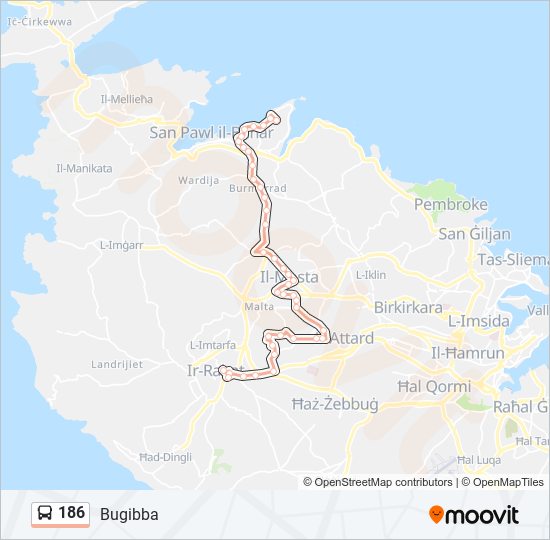
Introduction
Malta, a small archipelago located in the central Mediterranean, boasts a rich tapestry of history, culture, and breathtaking scenery. Its strategic position in the Mediterranean Sea has made it an essential crossroads for various civilizations throughout history. Understanding Malta is vital not only for its historical significance but also for its growing relevance in tourism, business, and international diplomacy.
Historical Significance
With a history dating back more than 7,000 years, Malta is home to some of the oldest freestanding structures in the world, including the Megalithic Temples, which are UNESCO World Heritage Sites. The island has been inhabited by various civilizations, including the Phoenicians, Romans, Arabs, and the Knights of St. John. Each era has left indelible marks on Malta’s culture and architecture, from the Baroque churches of Valletta to the medieval city of Mdina.
Current Events and Tourism Boom
In recent years, Malta has seen a significant rise in tourism, with a record 2.7 million visitors recorded in 2019. The Malta Tourism Authority has reported continued interest in its rich attractions, including historical sites, beautiful beaches, and vibrant nightlife. Moreover, government initiatives to promote sustainable tourism are reshaping the industry, ensuring the preservation of Malta’s natural and cultural heritage.
Additionally, Malta has become a hub for digital nomads and tech companies, thanks to its favorable regulatory environment for blockchain and cryptocurrency. The introduction of attractive tax incentives has drawn businesses from across Europe and beyond, making the island an emerging tech hub.
Natural Beauty and Heritage
Malta’s stunning coastlines and crystal-clear waters are a significant draw for beachgoers and scuba divers alike. The Blue Lagoon at Comino and the stunning cliffs of Gozo are must-visit spots for nature lovers. Moreover, the island’s diverse landscapes host numerous hiking trails, offering panoramic views of the Mediterranean.
Conclusion
As Malta continues to balance its rich historical legacy with modern advancements, it remains a unique destination that appeals to a wide range of audiences. For travelers, the island offers a captivating blend of the ancient and the contemporary, along with a warm Mediterranean climate and friendly locals. Looking ahead, Malta’s potential for growth in tourism and technology suggests that it will remain a significant player in the Mediterranean region, attracting more visitors and businesses seeking to explore its offerings.



